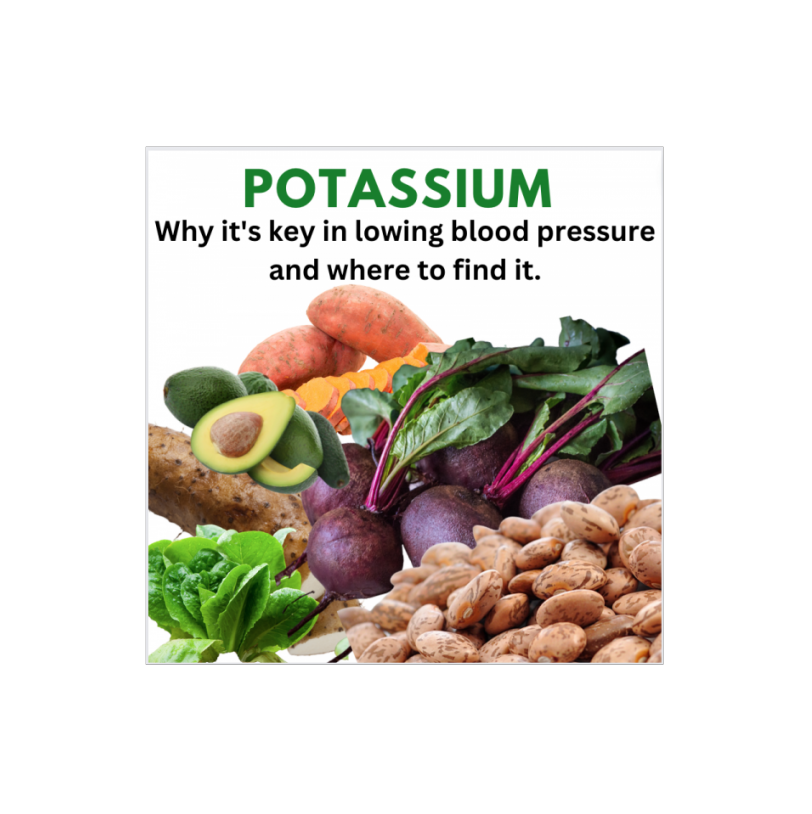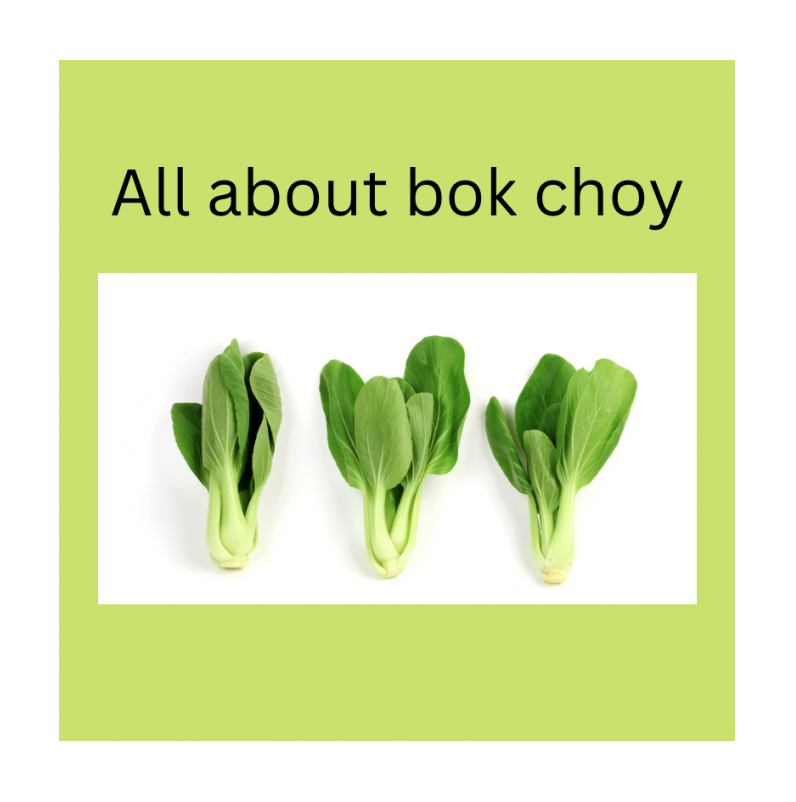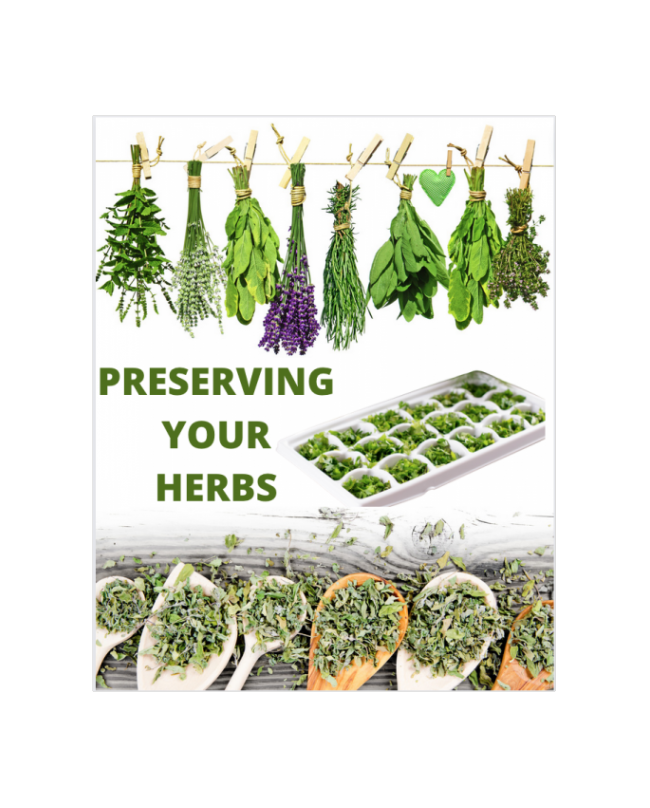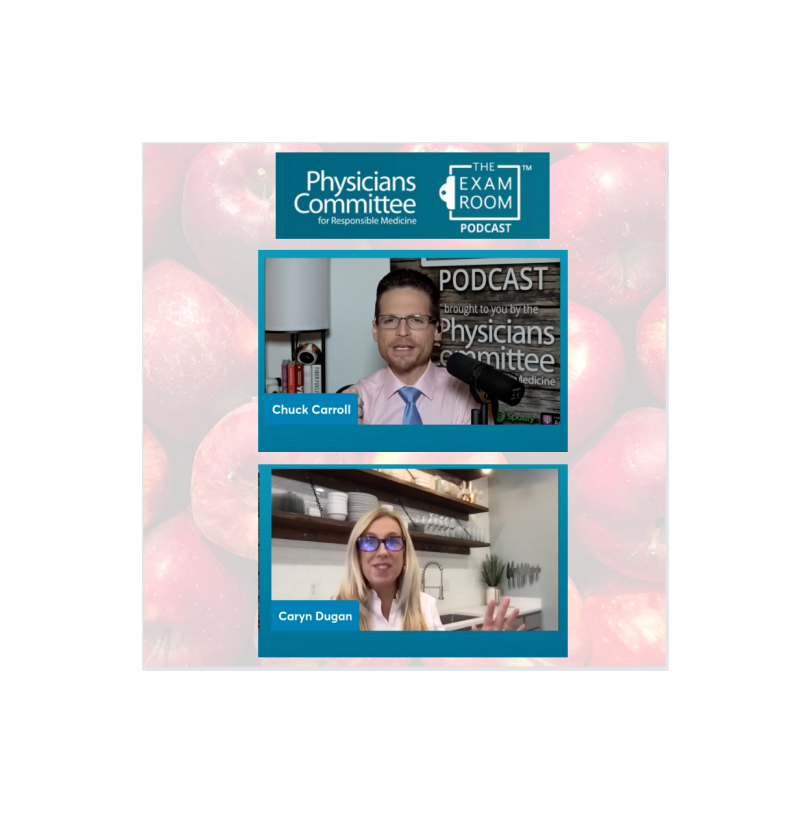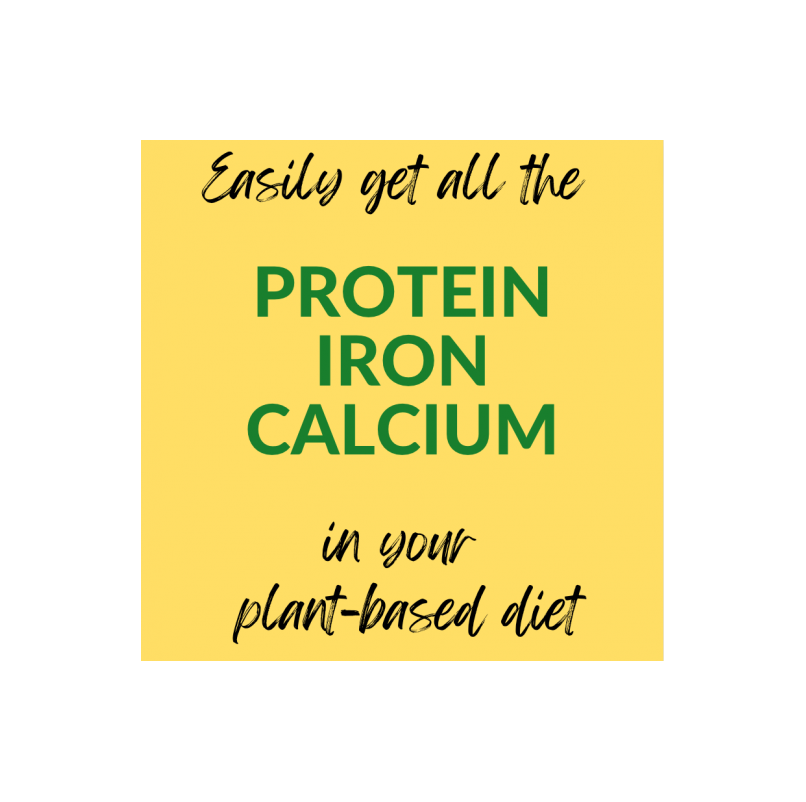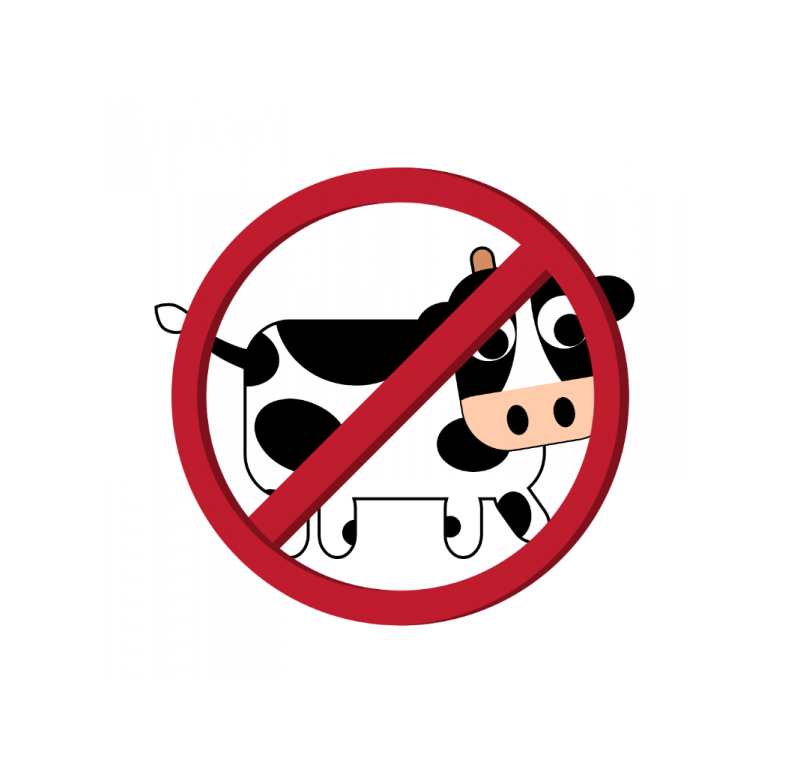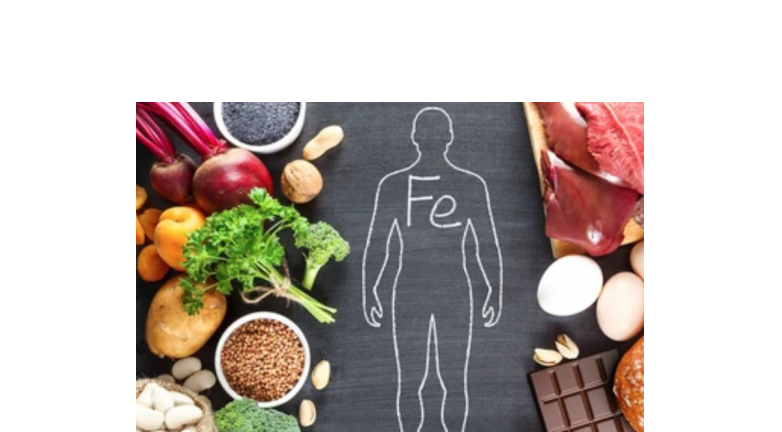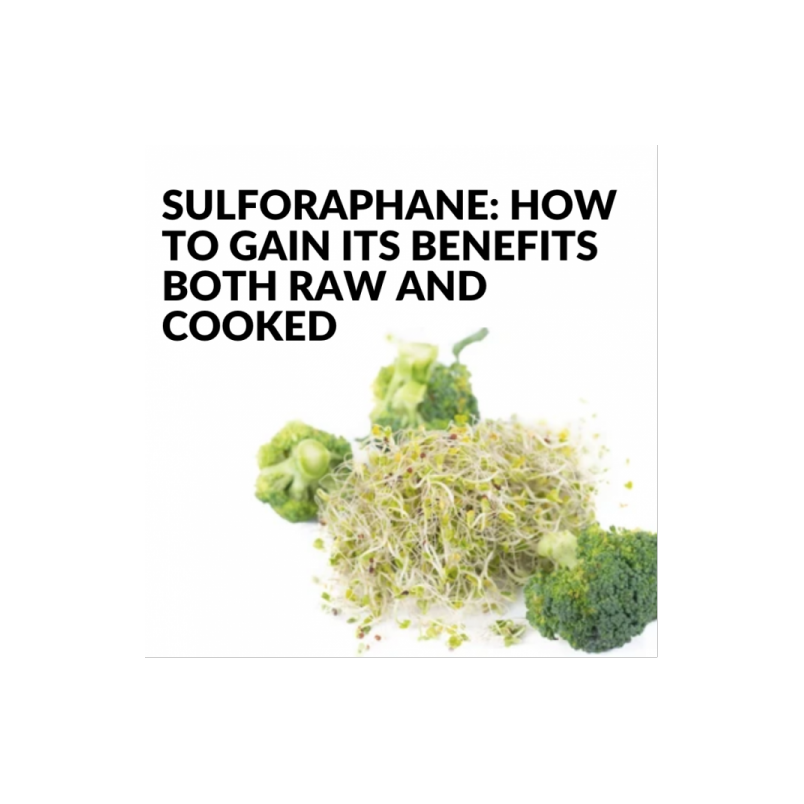Blog
October 18, 2022 9:51 PM
“Sodium and potassium exist in a partnership, and each important use of potassium requires sodium to maintain balance. Importantly, as average diets in the United States have become depleted in potassium, they have become much more concentrated in sodium. ”
October 3, 2022 9:00 PM
If you’re new to adding more plants to your plate, I’d recommend starting with bok choy as it’s mild in flavor, has a soft texture and can be eaten raw or slightly cooked.
Bok choy, baby bok and Shanghai baby bok have become widely available in the US, but I sometimes still rarely find people cooking with it or using it in recipes. It’s been a staple in Chinese and other Asian country home kitchens for about 1500 years and Americans have been enjoying it for about 100. Because of the incredible health benefits and its mild flavor, I’m hoping that it can gain a little more traction here at home.
September 12, 2022 9:07 PM
The days are getting shorter and the temps are cooling, it’s time to think about harvesting those delicate herbs you have outside. If you don’t have a way to keep them going inside, here are a few ways to keep enjoying the fruits of your herbal labor all year long.
August 17, 2022 10:40 PM
These ears are good for your eyes!
August 7, 2022 10:33 PM
I'm a long time member of the Physician’s Committee for Responsible Medicine (PCRM- I was certified though their program waaaaaaay back in 2011) and continue to implement my education into my curriculum. As a big fan of the Exam Room Podcast, it was a thrill to be a guest!
August 1, 2022 11:46 PM
In three separate blog posts, complete with recipes, links to research studies, and television segments to boot, below are links on how easily get enough protein (promise!), iron and calcium on your plant-based diet.
July 20, 2022 9:03 PM
“Where do you get your protein?” That’s the question I get asked most often when talking about a whole-food plant-based diet. But guess what…plants have protein! If you watch a special on mountain gorillas or elephants, do you worry about where they get their protein? Probably not, but just in case, they get their protein from the plants they eat, as they are herbivores. Therefore, the protein you get when you consume animal-based foods, like steak or chicken, ultimately comes from the plants those animals ate.
July 11, 2022 12:33 AM
Calcium is a soil derived nutrient and is important in maintaining healthy bones and teeth, a healthy blood pressure, and a healthy nervous system. It also plays a role in muscle function and blood clotting. The daily recommendation for calcium intake for adults aged 19-50 years and men 51-70 years is 1000 mg per day. An intake of 1200 mg of calcium is recommended for women over 51 years and for men over 70 1 . The dairy industry has a done a great job promoting milk/diary as the best source of calcium.
July 4, 2022 11:19 PM
You may have heard that our body has a difficult time absorbing iron from plants, thus people following a vegan / plant-based diet might be more susceptible to an iron deficiency. This is easily overcome by simply combining foods with vitamin C to foods that have iron and voila! we have super absorption, folks!
June 28, 2022 12:22 AM
Sulforaphane - a big name with big health benefits! In fact, it is one of the most potent food-derived anticarcinogens known at this time.
Studies on sulforaphane show that it can prevent and even reverse some of our most feared health outcomes are plentiful, and this is so exciting! There is still a lot to learn about sulforaphane, and it can be a tricky little science project, but if you spend a some time diving in, learning, and then practice adding this to your diet, wow; it can be a real game changer.


